QuestionDr. Krempels:
I have a 7-8 year old male rabbit who is generally in good health but over the last 3-4 years he has come down with upper respiratory infections every 4-5 months. Two month ago I had his teeth 'done' in the hopes that that would help resolve some of these issues, but he is just starting to sneeze again and I am afraid we are going to go down the same path of worsening symptoms, to the point where he will stop eating. (This only happened last time, but he certainly expresses his desire not to be force-fed very strongly.) In the past these infections have been treated with 10-14 days of antibiotics (Zeniquin or the pink liquid in a dropper). Do you think it would be a good idea to treat him over the course of several weeks, and, if so, what would you recommend as an antibiotic. (We do probiotics at the other end of the day.) My concern is that I may not be able to get him through another infection as each one seems to be more significant.
Thanks so much.
Denise
AnswerDear Denise,
Unfortunately, bunnies with chronic URI often have a physical problem that makes them more prone to these infections: a blockage of the maxillary sinus. Because the airways are not completely open, bacteria have a nice, warm, wet place to thrive.
Some vets are trying a very drastic procedure, a rhinotomy, to permanently open the occluded area, but this is an expensive, somewhat new and experimental procedure. It requires expensive equipment, and really should not be done by any vet who doesn't have the requisite supplies.
Short of doing that, another thing you can try is gentle nasal flushes. You can ask your rabbit-savvy vet:
www.rabbit.org/vets
to show you how to do this with a small syringe of lukewarm sterile saline. Bun will sneeze out the water, and this helps reduce the population of bacteria in the sinuses as well as helping to reduce inflammation.
The right antibiotic depends on the specific pathogen:
www.bio.miami.edu/hare/culture.html
but because many of these chronic URIs are due to opportunistic bacteria that are just sort of hanging out in the environment conducive to their growth, antibiotics are often only a temporary solution in cases like this.
In short, chronic URI bunnies are often lifetime management situations, and most of the buns never completely resolve this problem without surgery. I wish I had better news. But I hope some of this will give you ideas to try.
Good luck,
Dana

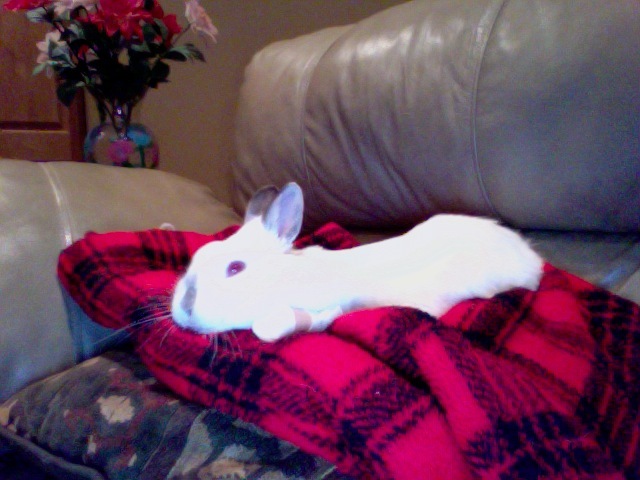 rabbit help.
QuestionSnowball, the rabbit.
QUESTION: We gave
rabbit help.
QuestionSnowball, the rabbit.
QUESTION: We gave
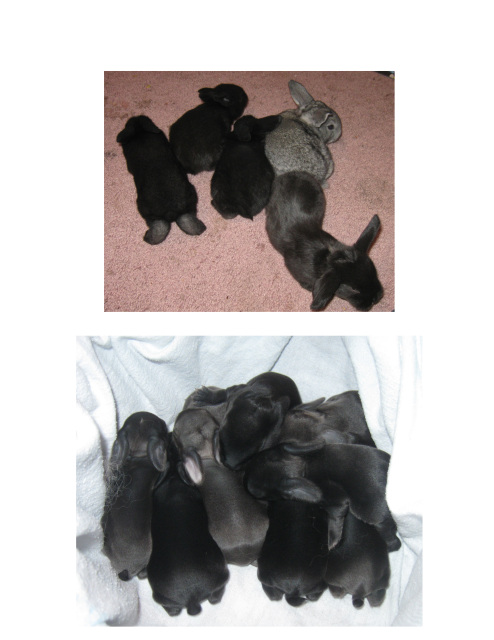 Rabbit nest mysteriously lost fur overnight
QuestionQUESTION: My rabbit has two litters; one litter
Rabbit nest mysteriously lost fur overnight
QuestionQUESTION: My rabbit has two litters; one litter
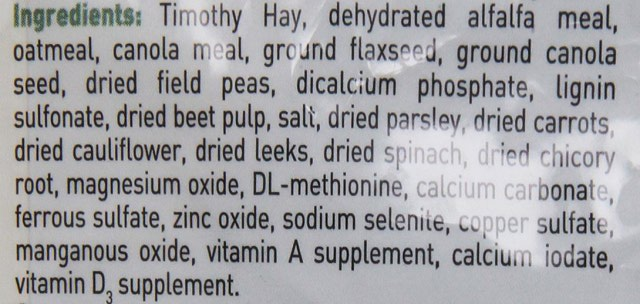 Rabbit pellets
Question
Ingredients
I am always concerned about
Rabbit pellets
Question
Ingredients
I am always concerned about
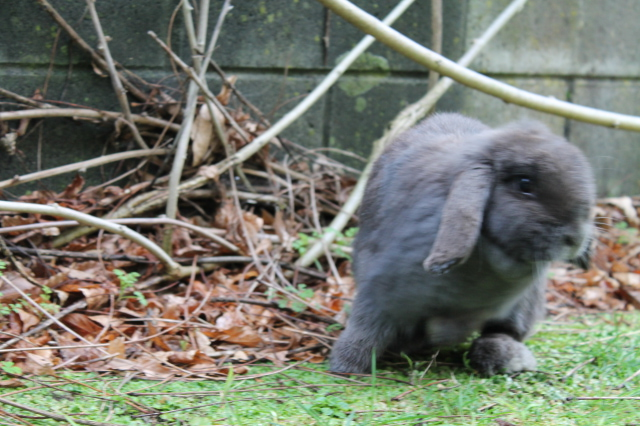 My Rabbit might be pregnant?
Question
Allie
Is my rabbit Allie pregnant? She
My Rabbit might be pregnant?
Question
Allie
Is my rabbit Allie pregnant? She
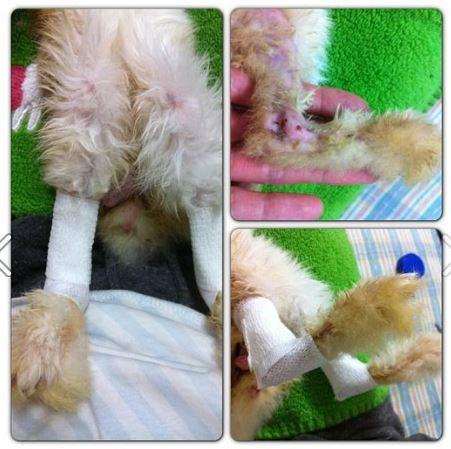 15 years old rabbit
Question
Oimo
Hi, I am asking for a japanese fri
15 years old rabbit
Question
Oimo
Hi, I am asking for a japanese fri